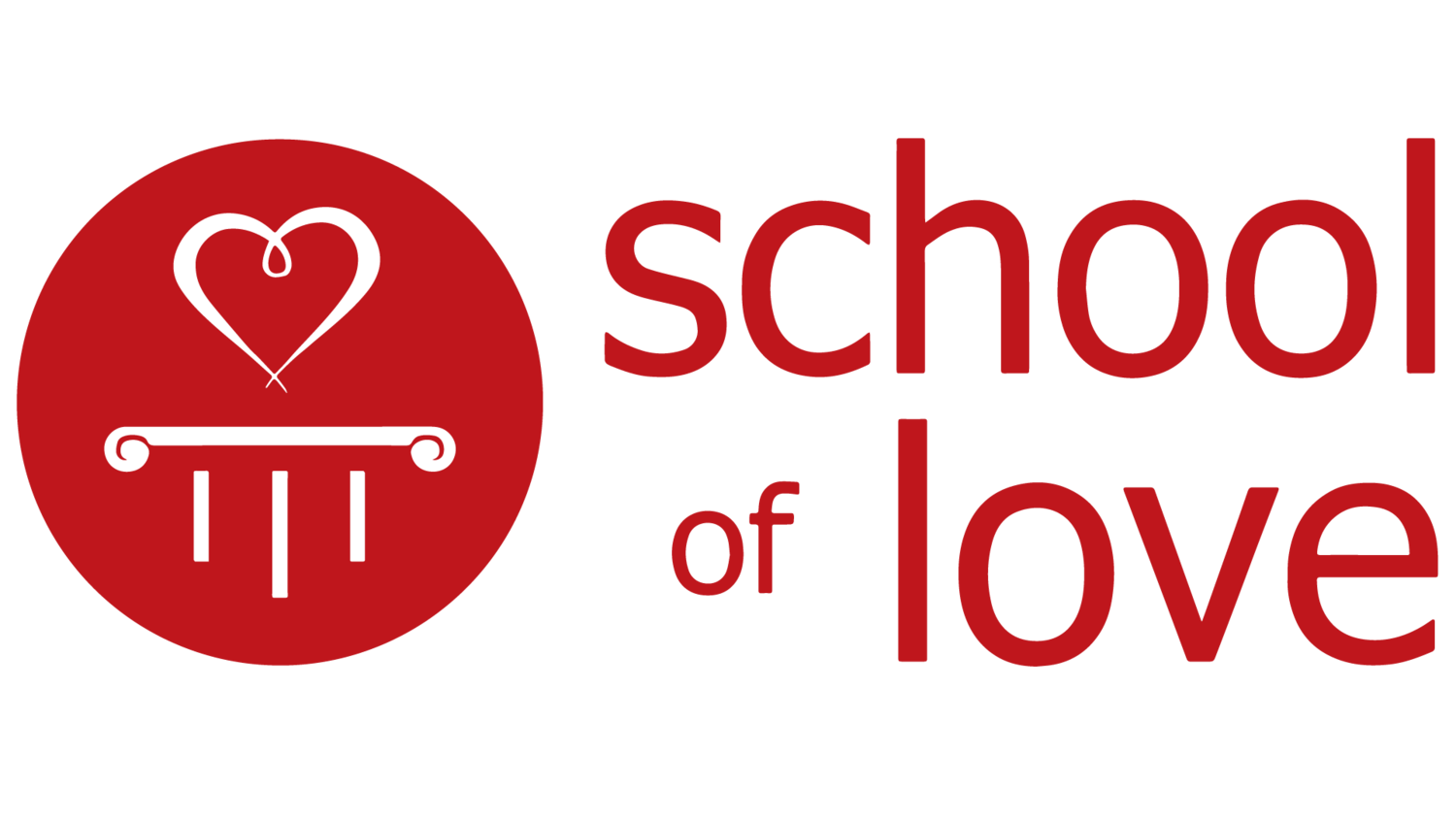True Blessing
Sixth Sunday in Ordinary Time (C)
Luke 6:17, 20-26 – Jesus came down with the Twelve and stood on a stretch of level ground with a great crowd of his disciples and a large number of the people from all Judea and Jerusalem and the coastal region of Tyre and Sidon. And raising his eyes toward his disciples Jesus said:
“Blessed are you who are poor,
for the kingdom of God is yours.
Blessed are you who are now hungry,
for you will be satisfied.
Blessed are you who are now weeping,
for you will laugh.
Blessed are you when people hate you,
and when they exclude and insult you,
and denounce your name as evil
on account of the Son of Man.
Rejoice and leap for joy on that day! Behold, your reward will be great in heaven. For their ancestors treated the prophets in the same way.
But woe to you who are rich,
for you have received your consolation.
But woe to you who are filled now,
for you will be hungry.
Woe to you who laugh now,
for you will grieve and weep.
Woe to you when all speak well of you,
for their ancestors treated the false prophets in this way.”
(Parent) Reread this part a few times aloud
“But woe to you…”
(Parent) Read this meditation aloud to the family
There are notable similarities in St. Matthew’s Gospel passage on the “Sermon on the Mount” and here in St. Luke’s Gospel passage on the “Sermon on the Plain” that we read today. There are notable differences, as well. We will focus on a couple of these differences now. One significant difference between these two passages is the fact that, in the Sermon on the Mount Jesus addresses his listeners in a mostly general way, saying, “Blessed are they” (Matthew 5:3-10). Instead, here in the Sermon on the Plain, Jesus addresses his listeners in a more specific way, saying, “Blessed are you” (Luke 6:20-26). Blessed are you. Jesus is giving His message so that His audience will hear it, personally. As we hear His words today, are we just casually listening as if they are words between characters in a book, or do we understand (as we should) that God addresses these words very personally to us?
Another significant difference between these two passages is the fact that the Sermon on the Mount passage specifically includes only blessings, where the Sermon on the Plain passage specifically includes both blessings and troubling woes. We should understand that Jesus is telling us that what we fill our lives with will either bring us blessing or curse. Jesus is not saying here that money is bad, and food is bad, and laughter is bad, and compliments are bad. These things are not bad. But perhaps we could say, instead, that these things are dangerous. They are dangerous because each of us desires to fill our lives with them. We want too much of them. We want too much money, too much pleasure, too much honor, too much power, too much comfort… and thus we want God too little. Look instead at the person who is poor, hungry, sad, and hated. This person, because he or she cannot find satisfaction in the things of the world, may find it easier to point their gaze beyond the world, to God. The truest blessings are in God. Let us remember: Jesus is talking to us personally. So let’s be very prudent about where we are seeking blessings and satisfaction.
As a family, pray a portion of the Rosary together (very short if children are young) reflecting on the Scripture passage above.(Optional: allow a brief time for discussion or questions from children concerning their thoughts and prayer.)
Reminder for Parents: Pier is just meant to be a jumping off point. The real goal is that you pray & eventually use the fruits of your personal prayer as the content of your family’s prayer. Duc in altum.
Like Pier? Share it with others (via links below) / Subscribe to it (below) / Support (the mission)
